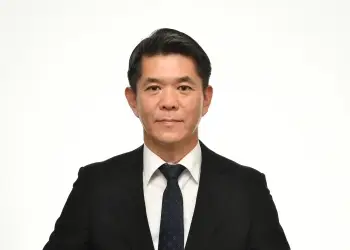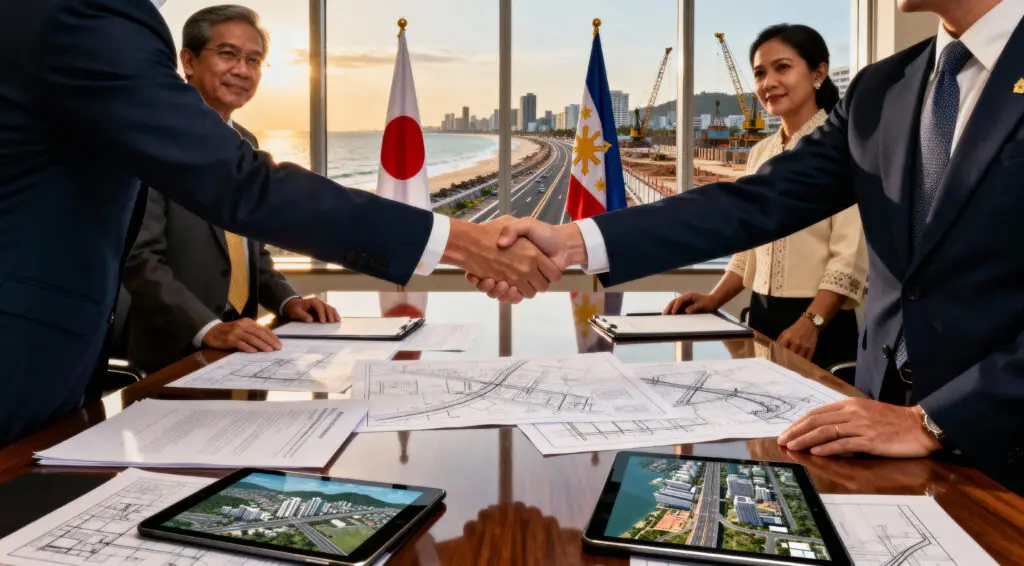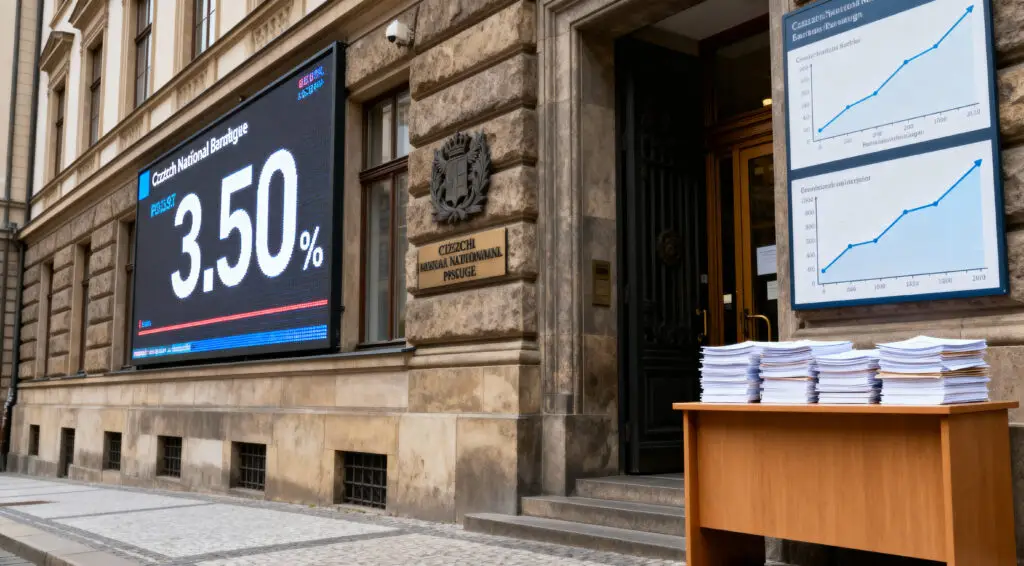Japan Deepens Economic Engagement With Cebu Province
The Japanese Embassy said again that it wants to work more closely with the Province of Cebu on infrastructure, tourism, and economic growth. Japanese Ambassador Endo Kazuya met with Governor Pamela Baricuatro on a courtesy call to talk about new projects that would benefit both countries.
Kazuya stressed that Japan is ready to grow investment relationships that help local people and make the area more stable in the long run. He noted that Cebu’s rising economy is one of the best places in the Philippines for international cooperation to thrive.

Cebu’s Rapid Growth Attracts Japanese Investors and Policymakers
Japan sees Cebu as an important growth hub in the Visayas because of its strategic location and active business climate. Officials talked about how Cebu is becoming more popular as a tourist destination and a logistical hub that connects key cities in the Philippines.
Kazuya, the ambassador, stated that Japan sees Cebu’s economic potential and cultural history as important advantages for greater ties between the two countries. He said again that Tokyo will help Cebu make growth that is long-lasting, open to everyone, and based on technology.
Tourism Cooperation Strengthens Regional Economic Opportunities
Tourism is still a key part of Cebu’s economy, and Japan wants to improve collaboration in this area. Joint marketing, capacity building, and cultural exchange programs are all part of the plans to get more people to come from Japan and support eco-friendly tourism.
Japanese authorities were hopeful about making airline connections and hotel relationships better. These steps would make tourism more diverse and help both countries recover from recent economic problems in a better way.
Recommended Article: APEC Summit Ends As Trump And Xi Agree On Trade Truce
Infrastructure Development at the Core of Bilateral Partnership
Japan’s plan to help the Philippines grow focuses on infrastructure. The embassy noted that new partnerships on infrastructure might help Cebu with its transportation, energy, and disaster preparedness needs.
Japan’s long-standing Official Development Assistance framework, which supports sustainable growth and environmental preservation, is anticipated to guide projects. These programs are meant to make it easier to get about, cut down on traffic, and make the provinces more competitive in commerce and investment.
Japan Helps with Disaster Relief After the Cebu Earthquake
Ambassador Kazuya sent his sympathies to the families who were hurt by the 6.9-magnitude earthquake that hit Cebu in October. He stated that Japan is ready to send immediate humanitarian supplies and technical help to towns that have been harmed.
The Japan International Cooperation Agency and the Japan Self-Defense Forces will work together to plan logistics, medical help, and fixing infrastructure after a disaster. This relationship shows that Tokyo is still supporting initiatives in the Philippines that help with disaster management and safety in the area.
Tokyo Highlights Its Role as a Leading Partner in Development
Japan is still the Philippines’ biggest supplier of Official Development Assistance, which pays for many national and municipal infrastructure projects. These include projects to modernize transportation, regulate floods, and produce renewable energy that help millions of Filipinos.
Officials added that this kind of collaboration goes beyond giving money to include sharing information and training in technical skills. Japan’s involvement in Cebu shows how working together may bring together technology, culture, and shared wealth for the benefit of both parties.
Strengthened Ties Advance Regional Stability and Investment
Japan and Cebu’s expanding connection is a sign of a trend in the Asia-Pacific region toward more cooperation that focuses on innovation and inclusion. Working together on digital transformation, infrastructure, and tourism would help Cebu get more investors and create more jobs.
Local leaders remarked that this partnership shows how Cebu is becoming an important economic corridor in the central Philippines. Japan’s engagement guarantees that development initiatives follow global norms for openness, resilience, and caring for the environment.
Sustainable Partnership Anchored in Shared Prosperity Vision
Ambassador Kazuya added that Japan’s collaboration with Cebu is a good example of how to make regional development last. Both countries want to create resilient and fair growth via regular investment, catastrophe preparedness, and community involvement.
The embassy said again that Japan’s long-term plan for the Philippines is based on trust, respect for culture, and working together on technology. Cebu is still a key part of Japan’s involvement in Southeast Asia since its economy is growing and it has strategic potential.























